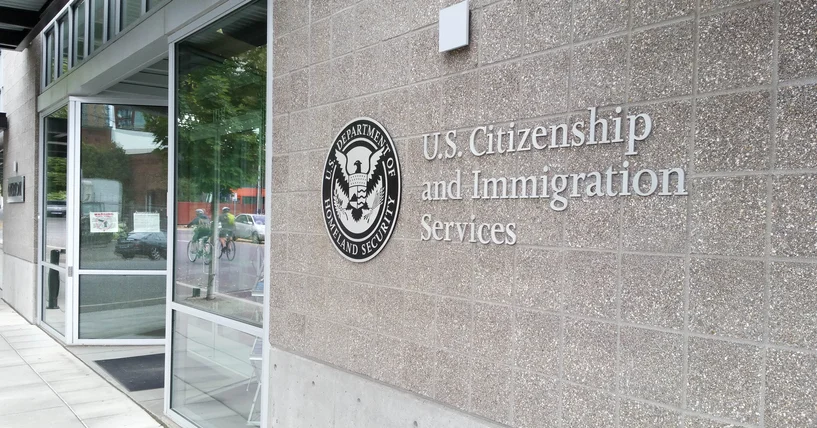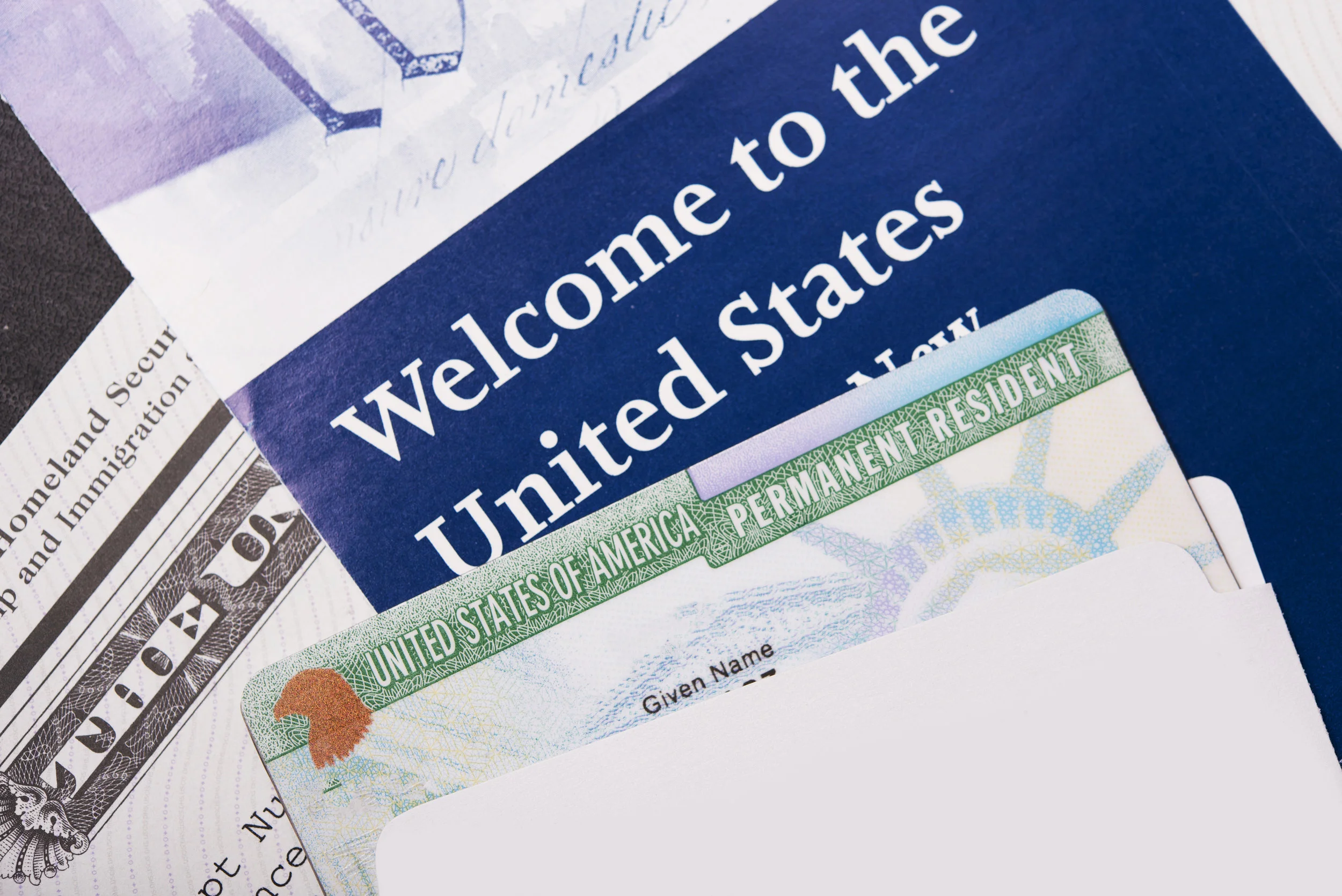Effective November 3, 2019, applicants for an immigrant visa will be required to show their ability to obtain health insurance within 30 days of entry into the United States during their consular interview. Visa applicants should complete Form DS-5541 to provide information on their health insurance plan and date coverage will begin or ability to pay for healthcare for any “reasonably foreseeable” medical costs. Failure to demonstrate the financial resources to obtain health insurance will result in a denial of their visa application.
Read MoreThree federal courts across the United States have temporarily suspended the enforcement of the Department of Homeland Security’s new “public charge” rule, which was set to take effect on October 15, 2019. This new rule redefines how the agency can determine whether a foreign national is at risk of needing public assistance, which would make the foreign national ineligible for admission, extension of status, or permanent residence.
Read MoreThe Department of State just announced that the online registration period for the annual green card lottery will begin at 12 noon, Eastern Daylight Time (EDT) (GMT–4), Wednesday, October 2, 2019, and end at 12 noon, Eastern Standard Time (EST) (GMT–5), Tuesday, November 5, 2019. We recommend registering as soon as possible because the DOS website does slow down or freeze due to very heavy traffic towards the end of the registration period.
Read MoreUSCIS has proposed a $10 fee for each electronic registration submitted by a sponsoring employer for the upcoming H-1B lottery. USCIS will accept public comments on the proposed fee until October 4, 2019.
Read MoreAlthough the most recent version of the Form I-9, Employment Eligibility Verification expired on August 31, 2019, the U.S. Citizenship and Immigration Services (USCIS) has advised employers to continue to use the July 17, 2017, version of the Form I-9 until an updated version is released. The revised version of Form I-9 is not expected to be significantly different from the current version.
Read MoreUSCIS’s fee proposal for employers to complete the online registration process for next year’s H-1B visa lottery has been approved by the Office of Management and Budget (“OMB”). The amount of the fee, which would be paid in addition to the filing, training, and anti-fraud fees for each H-1B petition, has not yet been announced. Publication of the proposed rule in the Federal Register is anticipated in the coming days.
Read MorePeople often ask me about the “million dollar green card.” Established nearly thirty years ago by Congress, the EB-5 Immigrant Investor Program grants lawful permanent residence (“green card”) to individuals who invest US$1 million in a business in the U.S. (or $500,000 in high unemployment areas), and create (or, in some cases, preserve) 10 permanent full-time jobs for U.S. workers. Today, USCIS published a final rule that contains major changes to the EB-5 Program. These changes will take effect on November 21, 2019.
Read MoreEarlier this week, a federal court in Washington, DC, upheld U.S. Citizenship and Immigration Services’ (“USCIS”) denial of an H-1B petition for a Quality Assurance Analyst (“QA Analyst”), finding that the agency’s analysis of the regulations defining a “specialty occupation” was not contrary to law. This decision provides important insights into 1) how the degree requirement should be worded so that a position qualifies as a “specialty occupation”; 2) how to strengthen expert statements and job postings of similar positions; 3) the need for descriptions of job duties that communicate complexity while being comprehensible; and that 4) federal court litigation may not be the solution for overcoming H-1B denials because the standard of review for overturning these decisions is tough. Speaking from my own experience as a staff attorney at the Ninth Circuit for five years, the federal courts generally will defer to an agency’s decision unless the agency clearly failed to consider relevant evidence in the record or disregarded applicable case-law.
Read MoreUSCIS announced this week that it will begin redistributing pending naturalization and permanent residence applications from heavily back-logged field offices, such as San Francisco, Los Angeles, and New York, to field offices with smaller backlogs in order to minimize the wide disparity in processing times among the USCIS field offices. This means you could be called in for your interview at an office that is outside your area of residence.
Read MoreThe Department of State (DOS) has issued its May 2019 Visa Bulletin. Overall, there was very little movement in most categories this month. EB-1 for most nationals advanced by one month while there was no movement for Chinese and Indian nationals. For the EB-2 category, Chinese nationals advanced by forty-four days while Indian nationals advanced by only three days. Lastly, EB-3 for Chinese nationals moved forward by twenty-one days, while Indian nationals advanced by nine days, and Philippine nationals advanced by three months.
Read More









